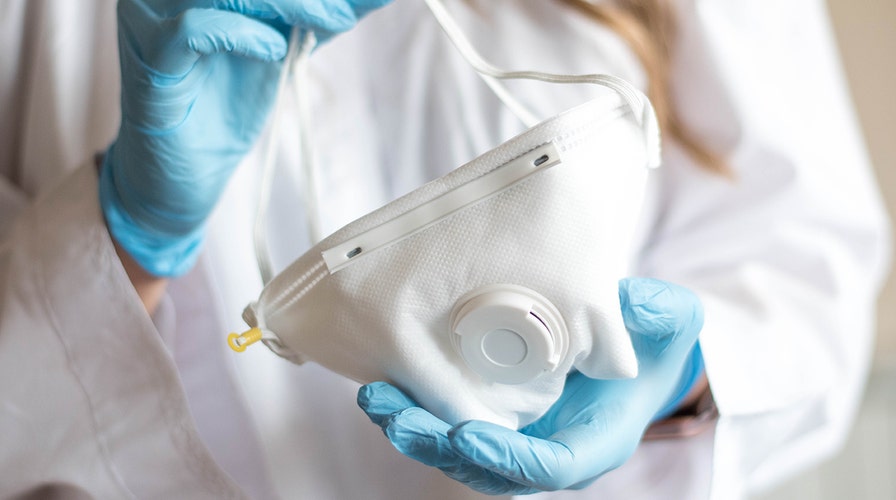Fox News Flash top headlines for March 31
Fox News Flash top headlines are here. Check out what's clicking on Foxnews.com.
Get all the latest news on coronavirus and more delivered daily to your inbox. Sign up here.
Currently, there is no known cure for the coronavirus pandemic ravaging the globe, but one possible remedy, the antimalarial drug hydroxychloroquine, has received increased attention in recent weeks. A new study aims to confirm whether or not that attention is warranted.
The study, which will be conducted by the University of Washington in conjunction with New York University, looks to enroll 2,000 people who are "close contacts of persons with confirmed or pending COVID-19 diagnoses," according to a statement announcing the study.
"We currently don’t know if hydroxychloroquine works, but we will learn in as short a timeframe as possible what the outcome is,” principal investigator Ruanne Barnabas said in the statement.
3D-PRINTING TECHNOLOGY BATTLES CORONAVIRUS OUTBREAK
Participants in the eight-week study will be randomly assigned to take the antimalarial drug, which has been in use since the early 1950s, or a placebo over two weeks. Nasal swab samples will be collected and tested daily to confirm new COVID-19 infections across the two groups.
"Our goal is to stop transmission of COVID-19 in the community,” Barnabas added.
"Currently, there is no proven way to prevent COVID-19 after being exposed," added co-principal investigator and NYU assistant professor Anna Bershteyn. "If hydroxychloroquine provides protection, then it could be an essential tool for fighting this pandemic. If it doesn't, then people should avoid unnecessary risks from taking the drug.”
The study, which aims to finish in the early summer, received funding from the Bill & Melinda Gates Foundation, Wellcome Trust, and Mastercard.
For those interested in the study, its website can be found here.
The Food and Drug Administration recently announced an emergency use authorization to try several drugs, including hydroxychloroquine and chloroquine, in an effort to combat COVID-19, despite a lack of clear evidence of their effectiveness.
DYSON BUILDS VENTILATORS FOR CORONAVIRUS PATIENTS
A study published earlier this month by French researchers suggested that COVID-19 patients could be treated with antimalarial medication and antibiotics in the battle against the novel coronavirus.
New York State recently said it would start coronavirus drug trials in an attempt to control the pandemic's impact on the state, according to Gov. Andrew Cuomo, who announced the state had acquired 70,000 doses of hydroxychloroquine, 10,000 doses of zithromax and 750,000 doses of chloroquine.
CLICK HERE FOR COMPLETE CORONAVIRUS COVERAGE
Hydroxychloroquine and chloroquine are antimalarial drugs. Zithromax, or azithromycin, is an antibiotic.
No drug should be taken without a doctor's prescription.
President Trump has spoken out about hydroxychloroquine in recent weeks.
As of Tuesday morning, at least 800,000 coronavirus cases have been diagnosed worldwide, 164,610 of which are in the U.S. The disease has accounted for at least 38,714 deaths around the world, including 3,170 people in the U.S.
CLICK HERE TO GET THE FOX NEWS APP
Fox News' Edmund DeMarche and James Rogers contributed to this story.








































